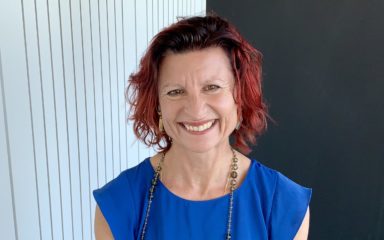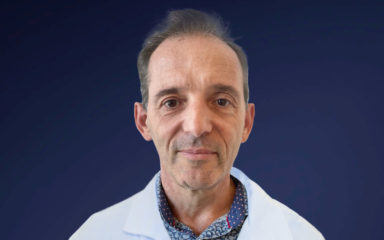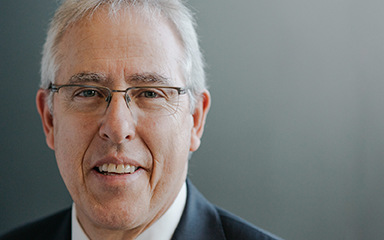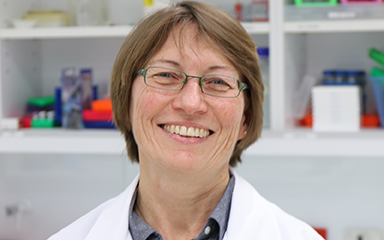Breast cancer is the growth of abnormal cells in the breast. These abnormal cells grow and divide faster than normal cells. They can also invade the breast and surrounding tissue and spread to other parts of the body. The breast is made up of fat, connective tissue and glandular tissue that forms sections called lobules and lobes (a collection of lobules). The breast (milk) ducts connect the lobes to the nipple. There are a number of different types of breast cancers, most of which begin in the breast ducts. Breast cancer is the most commonly diagnosed cancer in females, and the second most commonly diagnosed cancer in Australia.
WHAT IS BREAST CANCER?
Risk factors
The cause of breast cancer is still unknown, however research has identified a number of factors that increase the risk including:
- Gender and age – the main risk factors for developing breast cancer are being a woman and getting older. More than 75 per cent of all breast cancers occur in women aged 50 years and over;
- Previous history – women with who have previously had breast or ovarian cancer have an increased chance of developing breast cancer;
- Family history – a woman’s risk of breast cancer is increased if one or more of her close relatives have been diagnosed with breast cancer. For example, if your mother or sister had breast cancer;
- Overweight and obesity increase the risk of breast cancer because body fat increases levels of the hormone oestrogen; and
- Alcohol – regularly drinking alcohol increases the risk of developing breast cancer.
Treatments
The type of treatment will depend on the type of breast cancer. Although nearly all treatments have side effects, most can be effectively managed. Treatments used for breast cancer include:
- Surgery – there are two types of surgery for breast cancer – breast conserving surgery or a mastectomy. Breast conserving surgery removes the breast cancer and a small area of healthy tissue around it. A mastectomy involves the removal of the whole breast affected by cancer;
- Radiation therapy uses x-rays to destroy cancer cells that may be left in your breast or breast tissue after surgery;
- Chemotherapy uses anti-cancer drugs to help destroy cancer cells that may have spread to other areas of your body;
- Chemotherapy reduces the chance of the cancer coming back. It may be used in addition to surgery and radiation therapy; and
- Hormonal therapy you may be given to help destroy remaining breast cancer cells, or any cancer cells that may have spread to other areas of your body. Hormonal therapy may be used in addition to surgery, radiation therapy and chemotherapy.
Breast cancer at the Perkins
A diverse range of teams with different specialities and interests are currently investigating breast cancer research at the Perkins. The laboratory for cancer medicine is focussed primarily on determining the mechanisms that control how hormones act in breast cancer tumours. In particular, how oestrogen in breast cancer regulate the spread and growth of cancerous cells. This involves understanding how these hormones signal in the cancer cells and other cellular processes.
The Cancer Epigenetics team are working on new therapies for triple negative breast cancer and luminal B breast cancer, which involves making proteins that change and silence the genes that cause breast cancer. The Cancer Epigenetics team are also developing specialised nanoparticles as a means of delivering anti-cancer agents directly to tumours in triple negative breast cancer patients
The Bioimaging Research and Innovation for Translational Engineering lab are working with breast cancer surgeons to develop a smart surgical glove that can detect microscopic cancerous tissue during surgery. The aim of the device is to reduce the likelihood that any microscopic cancer cells might remain in the body and reduce the need for secondary surgery.




